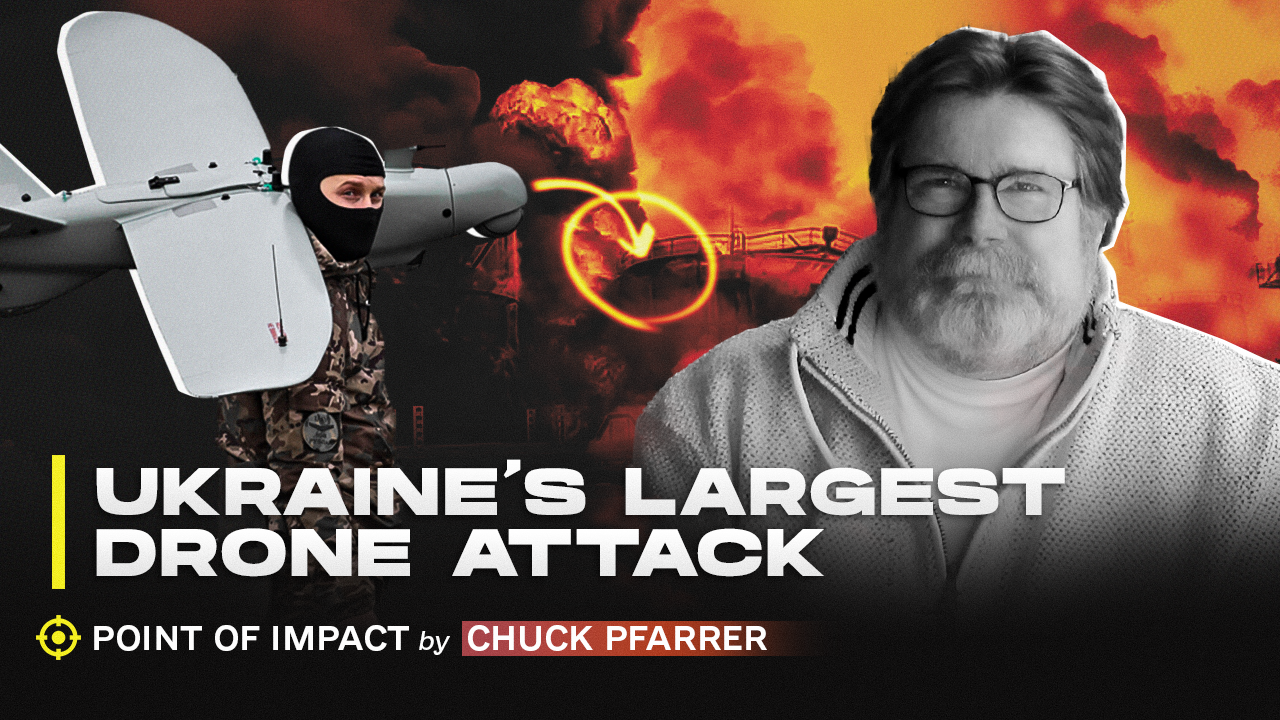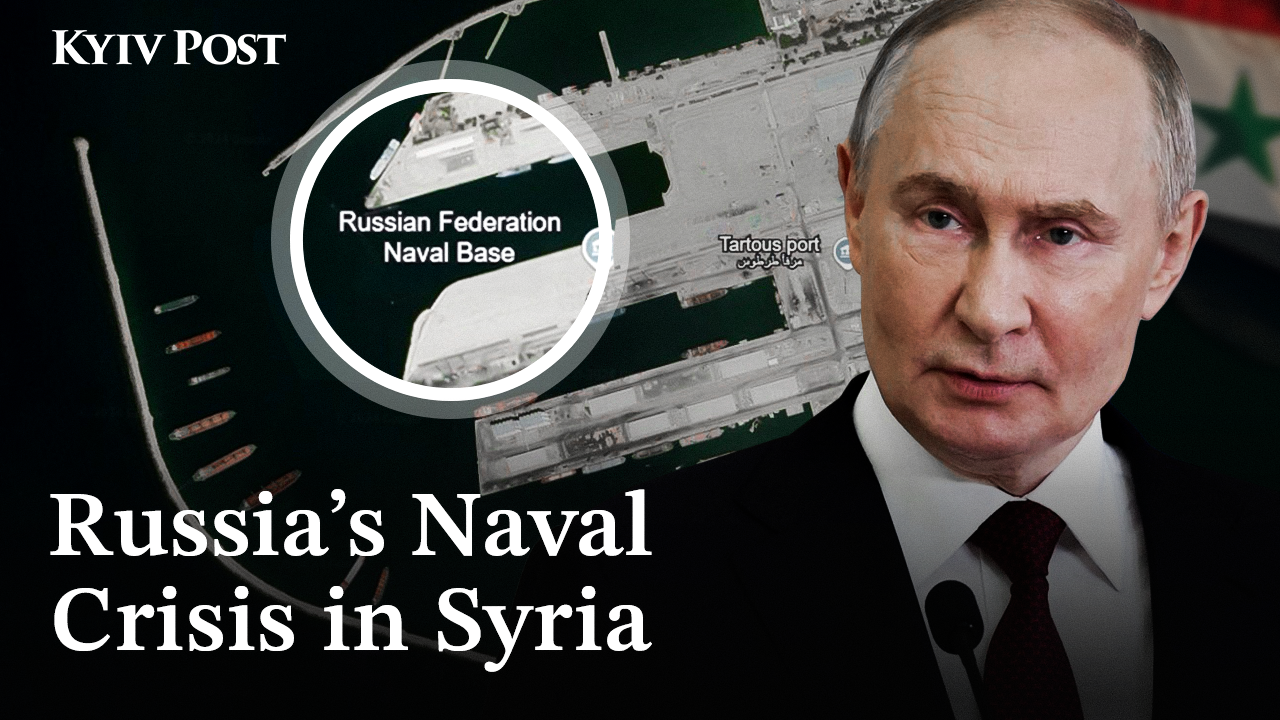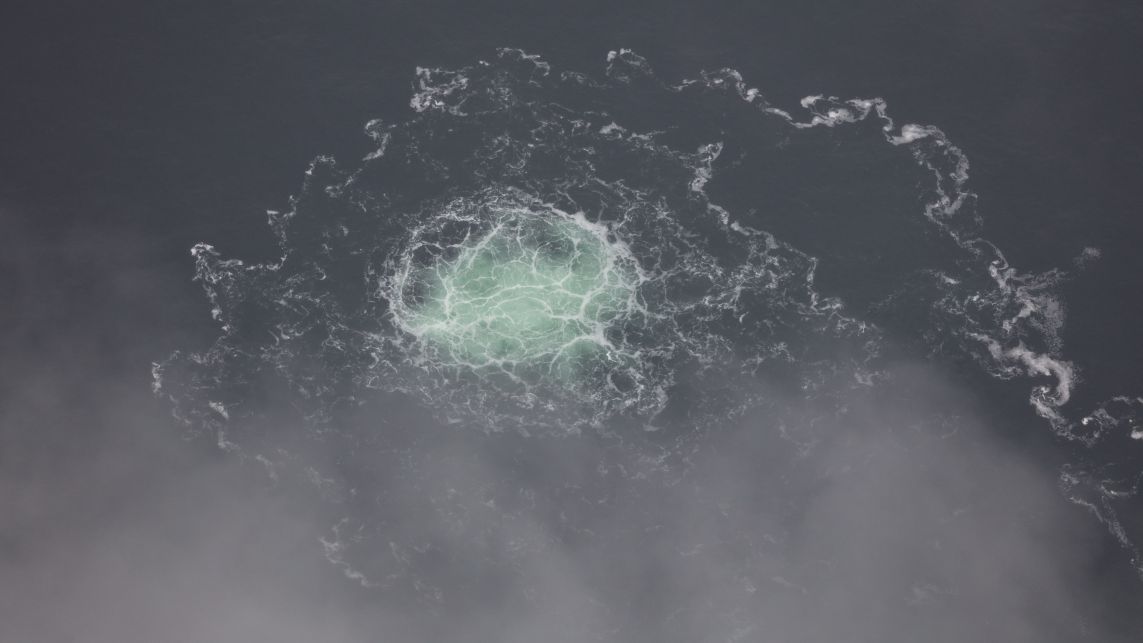In a surprise visit to Kyiv on Monday, US Secretary of Defense Lloyd Austin unveiled an additional $400 million package for military aid to Ukraine, shortly after a meeting with President Volodymyr Zelensky.
“I’m pleased to announce today the commitment of a $400 million presidential drawdown package to provide your forces with additional munitions, armored vehicles and anti-tank weapons,” Austin said at a joint press conference.
JOIN US ON TELEGRAM
Follow our coverage of the war on the @Kyivpost_official.
However, the defense secretary did not offer any comment on Zelensky’s “Victory Plan,” which the Ukrainian president had said had Washington’s support a day earlier, signaling a “change in rhetoric” from the US administration.
The major sticking point in Zelensky’s plan is NATO membership for Ukraine, to which the US is by no means opposed, but the timing of membership still gives Washington pause. In terms of giving Ukraine the green-light to use American-made long-range missiles on targets deep within Russia, there still has been no official permission granted, but that rhetoric has indeed changed, and there have been reports of a growing consensus among Western allies towards a tacit, if unannounced, approval.
“We face a hinge in history,” Austin said. “We can continue to stand firm against Putin’s aggression. Or we can let Putin have his way, and we can condemn our children and grandchildren to live in a far bloodier and more dangerous world.”

White House Has Spoken to Kremlin About Ending Russia’s War Against Ukraine
The US Commander-in-Chief, President Joe Biden, was in Berlin last Friday to discuss Russia’s invasion with the leaders of Germany, France and the United Kingdom. At that time, the Financial Times reported that there was “gaining momentum” for G7 countries to extend a $20 billion loan to Kyiv, which would be repaid from the proceeds of frozen Russian assets.
Finally, in his nightly address, Zelensky said on Monday the United States was preparing an aid package worth $800 million to finance the production of Ukrainian drones, in addition to the $400 million.
Zelensky told a meeting with foreign arms suppliers earlier in October that Ukraine could manufacture four million drones each year, and was increasing its production of other weapons.
The US Department of Defense on Monday released a statement describing the latest package, stemming from the President’s draw-down authority:
“This Presidential Drawdown Authority (PDA) package, which has an estimated value of $400 million, will provide Ukraine additional capabilities to meet its most urgent needs, including munitions for rocket systems and artillery; mortar systems and rounds; armored vehicles; and anti-tank weapons. The capabilities in this announcement include:
- Ammunition for High Mobility Artillery Rocket Systems (HIMARS);
- 155mm and 105mm artillery ammunition;
- 60mm, 81mm, and 120mm mortar systems and rounds;
- Tube-launched, optically tracked, wire-guided (TOW) missiles;
- Javelin and AT-4 anti-armor systems;
- M113 Armored Personnel Carriers;
- Satellite communication equipment;
- Small arms and ammunition;
- Grenades and training equipment;
- Demolitions equipment and munitions;
- Equipment to protect critical national infrastructure; and
- Spare parts, ancillary equipment, services, training, and transportation.”
Today, I welcomed U.S. @SecDef Lloyd Austin in Kyiv. I thanked him for a new defense assistance package for Ukraine worth $400 million that includes ammunition, military equipment, and weaponry.
— Volodymyr Zelenskyy / Володимир Зеленський (@ZelenskyyUa) October 21, 2024
During the meeting we discussed critical defense priorities, including Ukraine’s air… pic.twitter.com/j0O1LEO5lZ
Kyiv warns of “damaged reputation” to UN with General Secretary’s planned meeting with Putin
The Foreign Ministry on Thursday criticized the decision by Antonio Guterres, the United Nation’s General Secretary, to meet with Russian autocrat Vladimir Putin on Thursday to discuss the almost-three-year invasion of Ukraine. It marks the UN chief's first trip to Russia in more than two years, the Kremlin said.
The Ministry stated via social media that Guterres’ meeting with Putin “does not advance the cause of peace” and “damages the UN’s reputation.”
“The UN Secretary-General declined Ukraine’s invitation to the first Global Peace Summit in Switzerland. He did, however, accept the invitation to Kazan from war criminal Putin,” the ministry wrote on social platform X, formerly Twitter.
Guterres, who has said that Russia’s full-scale invasion of Ukraine “sets a dangerous precedent for the world”, is scheduled to meet Putin in Kazan, Russia, where a summit of the BRICS group will bring together leaders of nine countries who have not vocally condemned Putin’s invasion of Ukraine, including founding members Brazil, India, China, and South Africa.
“It is expected that along with the activities of the UN, they will touch upon topical issues on the international agenda, including the Middle East crisis and the situation around Ukraine,” the Kremlin said.
AFP reported on Monday that the UN did not confirm the planned meeting. At a briefing in New York, on whether Guterres intended to travel to Kazan later this week, his deputy spokesperson Farhan Haq told reporters: “Announcements on his future travels will be later on down the line.”
Throughout his peace plan iterations, Zelensky has refused to consider ceding Ukrainian land and ruled out direct talks with Putin.
During his last visit, in April 2022, Guterres discussed with Putin proposals for humanitarian assistance and the evacuation of civilians from conflict zones. Guterres has called for a “just peace” that respects international law and Ukraine’s “territorial integrity.” Yet the UN chief turned down an invitation to join about 50 nations this summer in Switzerland to hear Zelensky’s first-draft plan for peace.
His last meeting with Putin:
Putin meets UN secretary general António Guterres in the Kremlin. The long table is back! pic.twitter.com/zjVkHRFL5v
— max seddon (@maxseddon) April 26, 2022
Moscow’s war crimes, including the use of pesticides on Ukrainian prisoners, documented by Russian bloggers
According to analysts from the Institute for the Study of War (ISW), Russian forces continue to “systematically perpetrate war crimes, including the continued executions of Ukrainian prisoners of war (POWs) and use of chemical weapons.”
ISW analysts on Monday identified a Russian milblogger who posted footage on Sunday of Russian forces using chloropicrin (a pesticide and lung-damaging agent) against Ukrainian forces. The chemical was used as a poison gas in World War I and has since been outlawed by international conventions.
The US Department of State said in May that it had determined that Russian forces are using chloropicrin and riot control agents in violation of the Chemical Weapons Convention to which Russia is a signatory. Ukrainian officials also have reported that Russian troops are increasingly equipping grenades with chloropicrin, and continue to kill their prisoners at gunpoint.
“Ukrainian officials reported on October 21 that Russian forces executed two unarmed Ukrainian POWs near Selydove, Donetsk Oblast on October 18 by shooting them while restrained at point-blank range. ISW assessed that Russian forces have recently increased systematic executions of Ukrainian POWs in violation of the Geneva Convention on POWs, which forbids the inhumane treatment and execution of POWs,” the think tank wrote. “The apparent systematic perpetration of war crimes throughout the entire theater suggests that Russian forces continue to operate at a low level of discipline and that Russian field commanders are doing nothing to prevent their subordinates from engaging in such criminal behaviors, or may even be encouraging them.”
You can also highlight the text and press Ctrl + Enter













